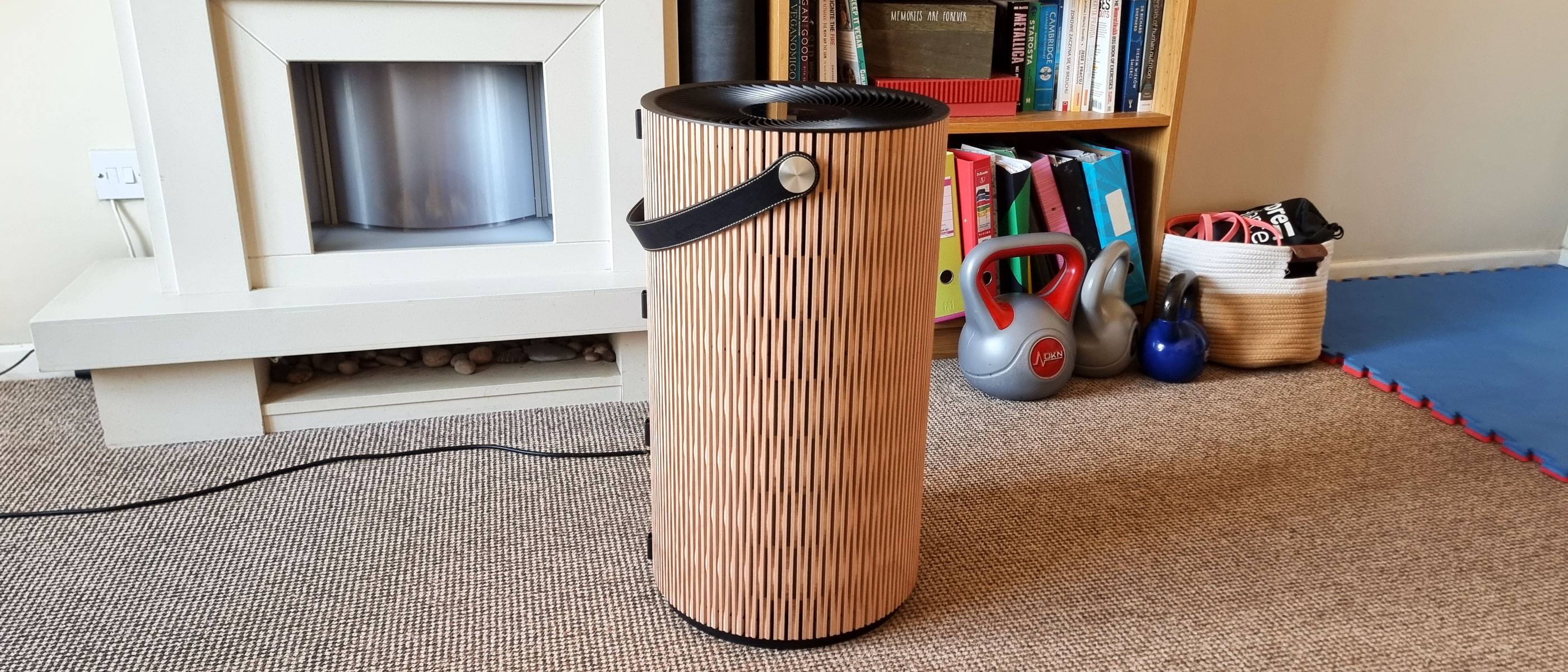Contraceptive Use by Young Adults May Increase with Knowledge

Get the world’s most fascinating discoveries delivered straight to your inbox.
You are now subscribed
Your newsletter sign-up was successful
Want to add more newsletters?

Delivered Daily
Daily Newsletter
Sign up for the latest discoveries, groundbreaking research and fascinating breakthroughs that impact you and the wider world direct to your inbox.

Once a week
Life's Little Mysteries
Feed your curiosity with an exclusive mystery every week, solved with science and delivered direct to your inbox before it's seen anywhere else.

Once a week
How It Works
Sign up to our free science & technology newsletter for your weekly fix of fascinating articles, quick quizzes, amazing images, and more

Delivered daily
Space.com Newsletter
Breaking space news, the latest updates on rocket launches, skywatching events and more!

Once a month
Watch This Space
Sign up to our monthly entertainment newsletter to keep up with all our coverage of the latest sci-fi and space movies, tv shows, games and books.

Once a week
Night Sky This Week
Discover this week's must-see night sky events, moon phases, and stunning astrophotos. Sign up for our skywatching newsletter and explore the universe with us!
Join the club
Get full access to premium articles, exclusive features and a growing list of member rewards.
Young people who don't understand contraception are less likely to use it, results from a new survey suggest.
Participants who scored the lowest on a 23-question test of contraception knowledge were the most likely to say they would probably have unprotected sex in the near future, the Guttmacher Institute reports.
For example, more than 40 percent of women who answered 10 or fewer of the true-false questions correctly said they were likely to have unprotected sex in the next three months, compared with about 10 percent of women who answered at least 19 questions correctly.
The study showed an association, not a cause-and-effect link between knowledge and having protected sex, and the institute said participants would need to be followed over time to confirm the findings.
Still, "this study provides valuable evidence that improving young adults' contraceptive knowledge and dispelling common misconceptions can help change their behavior for the better," study researcher Jennifer Frost said in a statement.
Researchers for the nonprofit institute, a former branch of Planned Parenthood that conducts research on sexual and reproductive health, conducted a telephone survey of a nationally representative sample of 1,800 U.S. adults between the ages of 18 and 29. Women from 18 through 29 have the highest rate of unintended pregnancies, the researchers explained.
Participants' knowledge of contraception was measured by their answers to 23 true-or-false questions such as, "In order to get the birth control pill, a woman must have a pelvic exam" (false), and, "A woman can use an IUD [intrauterine device] even if she has never had a child" (true). The researchers also asked questions about participants' attitudes towards contraception and social norms.
Get the world’s most fascinating discoveries delivered straight to your inbox.
"Many young adults — men in particular — displayed serious gaps in objective knowledge about the major contraceptive methods," the researchers wrote.
The results also showed that while 69 percent of women and 45 percent of men said they were highly committed to avoiding pregnancy, about 40 percent of all participants said using birth control does not affect the chances of pregnancy.
Twenty-five percent said it’s a hassle to use condoms every time one has sex.
Women with greater knowledge of contraception, and those who said their friends consider using birth control important, were more likely to use hormonal or long-acting methods of birth control, the study said.
The researchers said their study is the first to look at links between use of contraception among young adults and a wide range of factors, including contraceptive knowledge, attitudes and social norms. Most previous studies focused on teens or did not include data on attitudes and perceptions, the researchers said.
The study was published online Tuesday (May 8) in the journal Perspectives on Sexual and Reproductive Health.
This story was provided by MyHealthNewsDaily, a sister site to LiveScience. Follow MyHealthNewsDaily on Twitter @MyHealth_MHND. Find us on Facebook.
 Live Science Plus
Live Science Plus











